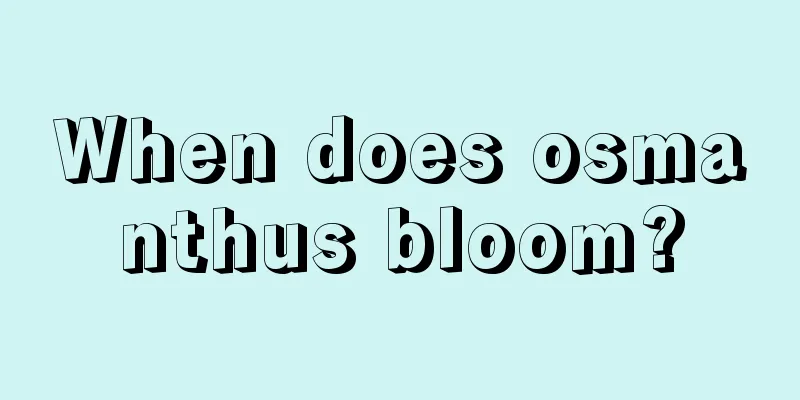The efficacy and function of tuberose

Economic ValueTuberose, as the name suggests, is a fragrant plant. It is also the raw material for extracting essences. In fact, tuberose and night-blooming jasmine are the same thing. The main ingredients of tuberose extract are geraniol, nerol, neryl acetate, methyl benzoate, methyl anthranilate, benzyl alcohol, farnesol, eugenol and tuberose ketone. When used in food, it can give the food a unique tuberose smell. It can also be used to make some scented daily necessities. For example, you can add some tuberose extracted essence to perfume and soap in appropriate amounts. Ornamental valueThe leaves of tuberose are transparent and the petals are white, giving people the feeling of a beautiful girl next door. It is fragrant and clean, with a subtle aroma. In the midsummer, it can give people a beautiful enjoyment. Tuberose has long flower stems and upright scapes that are 40-90 cm tall. It has a long flowering period and the flowers are opposite, white, and arranged in relatively long spikes. It is an important material for cut flowers as well as a beautiful flower for arranging flower beds. Medicinal valueTuberose tastes sweet and light, and is cool in nature, so it can clear away heat and detoxify, and is mainly used to treat carbuncles and swellings. It was first recorded in "Names of Seed Plants". The roots of tuberose contain about 1.8% sapogenins, mainly tigasaponogenin, hecosapogenin and 9-dehydrohecosapogenin; the flowers contain 0.08%-0.14% volatile oil, the main components of which are geraniol, nerol, farnesol, eugenol, and methyl o-aminobenzoate. In addition to its ornamental value, tuberose can also be used as medicine. Taking an appropriate amount and mashing it for external application can repel mosquitoes. The leaves, flowers and fruits of tuberose can all be used as medicine, and have the effects of clearing the liver, improving eyesight, removing toxins and promoting tissue regeneration. Tuberose is effective in treating acute conjunctivitis, keratitis, corneal pannus, furuncle, and traumatic erosion, and can relieve symptoms. Edible valueIt is edible, mainly for its fresh flowers and buds, and is a semi-wild vegetable. In addition, tuberose has a strong fragrance and is somewhat toxic, so it can repel mosquitoes. It is also a convenience for life. Usually, screens are covered on the windows and the plants are planted outdoors. |
<<: The Cultural Legend of Daxuesu
>>: Is snapdragon poisonous? Can it be grown at home?
Recommend
Is it better to grow green radish in water or soil?
1. Water culture method It can be grown in water ...
Can broad bean seedlings be transplanted?
Can broad bean seedlings be transplanted? Broad b...
Cultivation methods and precautions of the golden plate of star anise
Farming methods Temperature conditions Oleander p...
What is the flower language of chrysanthemum?
1. What is the language of flowers? There are man...
How to Make Camellias Bloom for Christmas
Normal flowering period Under normal circumstance...
How to prune Begonia
Begonia pruning The best time to prune Begonia is...
How to grow lotus at home
1. Soil It is best to use leaf mold or lake mud f...
How to plant mango seeds
Mango is a tropical fruit, suitable for cultivati...
How to make the small hibiscus bloom more and how to care for it during the flowering period
1. How to make the small hibiscus bloom more 1. G...
How often should I water the lucky flower?
How often should I water the lucky flower? Genera...
The story of cyclamen
The Flower Language of Cyclamen The flower langua...
The efficacy and function of forsythia flowers
1. Reduce swelling and relieve pain Forsythia flo...
Does Pennefleur prefer shade or sun?
Does Pennefleur prefer shade or sun? Pogostemon c...
Do roses like lots of water and fertilizer? (Rose management of water and fertilizer will make it grow vigorously and bloom big)
What does it mean to water and fertilize roses a ...
Things to note when repotting the love vine
1. Repotting method The love vine needs to be rep...









